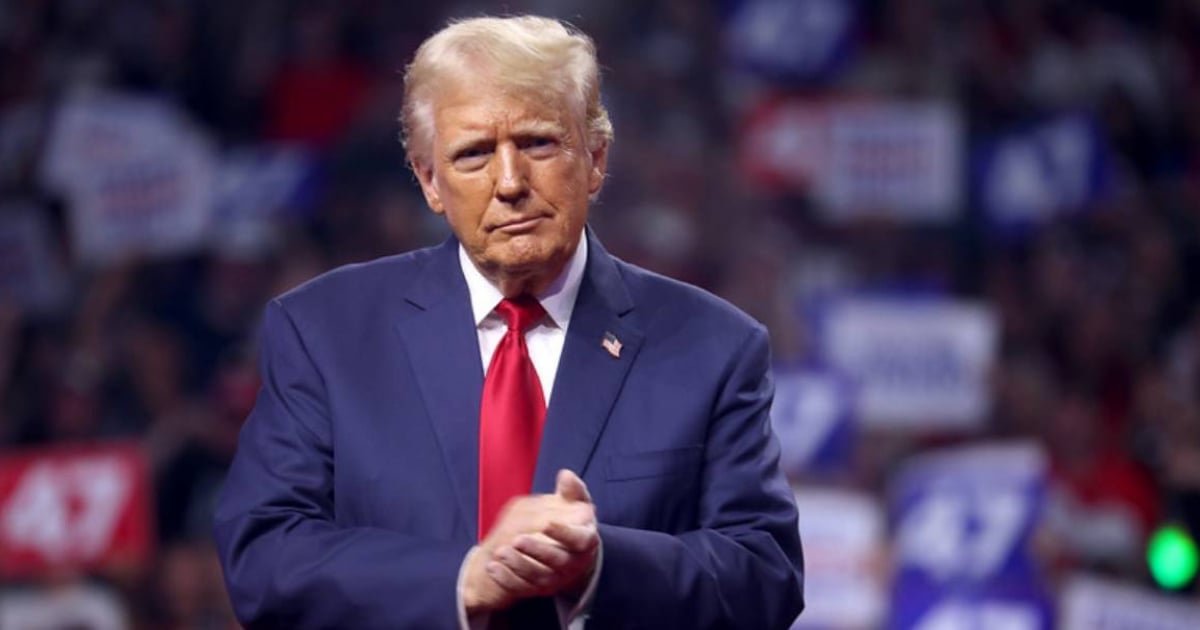
The elected president of the United States, Donald Trump, announced on Monday that his first executive order in the White House will be to impose significant tariffs on Mexico, Canada, and a third country: China.
In a message posted on Truth Social, Trump announced his plan to impose a 25% tariff on all imports from Mexico and Canada.
The Republican accused these countries of facilitating the trafficking of drugs and undocumented individuals into the United States.
"Thousands of people are crossing our open borders, bringing crime and drugs. This must stop, and those responsible will have to pay a high price," he stated.
Additionally, Trump stated that he will impose an additional 10% tariff on products imported from China, justifying the measure by alleging that the Chinese government has failed to uphold promises to curb the trafficking of fentanyl into the United States.
He warned that the tariff rates will remain in effect until what he described as an "invasion" of drugs and migrants is halted.
"These actions are necessary to protect our country. We can no longer allow these nations to take advantage of us," he stated.
Trump's statements have not gone unnoticed. In Mexico, Economy Secretary Marcelo Ebrard warned earlier this month that his country would respond with similar measures if the United States imposes new tariffs.
"We are the number one trading partner of the United States. This measure would affect both them and us," he stated.
Economists and experts are warning about the potential consequences of these policies. The tariffs imposed during Trump's first administration failed to achieve their goal of revitalizing jobs in key sectors. On the contrary, they provoked retaliatory trade actions from countries such as China and the European Union.
Trump continues to solidify his strategy for a return to the presidency, and his tariff promises are sowing uncertainty regarding trade and economic relations between the United States and its main partners.
Filed under: